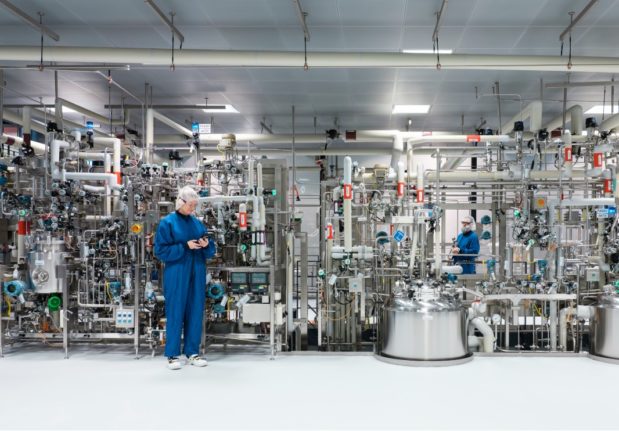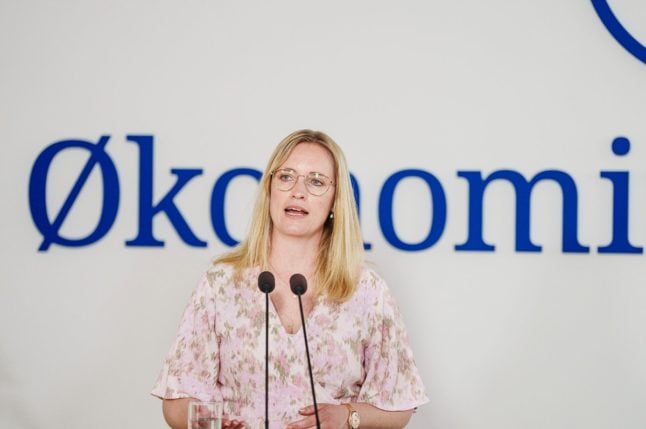In a deal to be sealed officially with President Emmanuel Macron, Novo Nordisk will invest 2.1 billion euros ($2.3 billion) in an existing facility in Chartres, southwest of Paris.
Novo Nordisk is the European Union’s most valuable company with market capitalisation of around $460 billion, mostly thanks to growing use of its anti-diabetes drugs as weight-loss derivatives.
The Danish company has found that its Semaglutide medication, originally meant for diabetes, is also effective against obesity, giving it massive global potential.
Marketed as Wegovy in the United States, Denmark, Norway and Germany, the drug helps chronically overweight patients by stimulating insulin secretion and acting as an appetite suppressant.
Goldman Sachs, a financial firm, predicted last month that the global market for anti-obesity medication (AOM) could grow to $100 billion by 2030, against around six billion now.
Obesity rates have almost tripled around the world since 1975, and are set to rise further, it said.
In the United States alone, 15 million adults were likely to receive anti-obesity treatment by 2030, Goldman said, identifying Novo Nordisk, and rivals Eli Lilly, as the world’s two dominant AOM makers by then.
Novo Nordisk will double the size of its French site, adding 500 jobs to the 1,600 already there. The investments mostly concern the production of diabetes drugs, cartridges and vials, it said, with a 2028 target date for completion.
Novo Nordisk already said this month it was investing 42 billion Danish kroner ($6.1 billion) to expand its facilities in Denmark.
The French presidency credited Macron’s drive to attract foreign industrial investment to France for the Novo deal.
It follows a 6.7-billion-euro ($7.3 billion) pledge for the production and recycling of electric batteries by Asian firms.
An investment of 500 million euros by US pharma company Pfizer was announced in May during a “Choose France” investment conference hosted by Macron.
Stung by recent drugs shortages in France, including for basic antibiotics and pain medicine paracetamol, the government has been keen to bring pharmaceutical production back to the country.
Novo Nordisk said it hopes to win full regulatory approval to sell Wegovy as an anti-obesity drug in France next year.




 Please whitelist us to continue reading.
Please whitelist us to continue reading.
Member comments